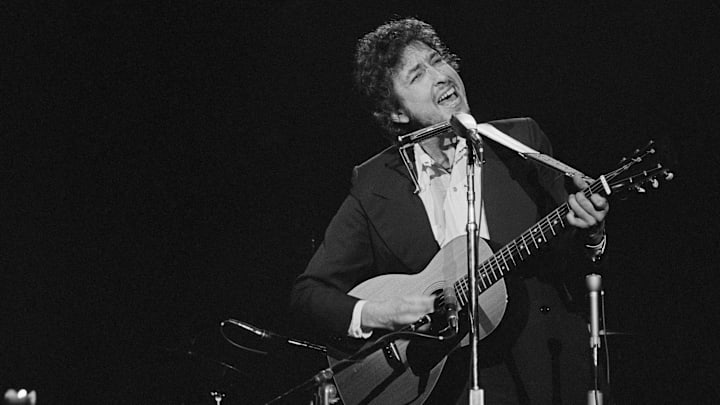“Paradise” by John Prine (1971)
I believe this is the last of our environmentally-themed folk songs. From this point forward, the songs will focus more on personal themes and stories. For John Prine, “Paradise” was both personal and environmental. He is telling the story of his ancestral home – Kentucky. By the time Perine was born, the family had moved to the Chicago suburbs, but the Kentucky roots ran deep. That is why Prine seemed so good at merging the urban and the rural. It also helped that he was about as good a lyricist as American music has produced in the last fifty years.
“Paradise” was from his debut and told the story of Muhlenberg County, where the Prines would visit when he was a child. He details the devastation wrought by coal mining, which turned a paradise into a forsaken land. Prine’s brother Dave plays the fiddle, and his good friend Steve Goodman plays guitar and sings harmony. The song has become a staple of progressive country and folk and has been covered by dozens of other performers.
“Jesus Was a Cross Maker” by Judee Sill (1971)
Asylum (now Elektra) is a major record label. Back in 1971, it was a fledgling dream of David Geffen. The first artist he signed was Judee Sill, a 27-year-old hippie/folkie from Los Angeles. Sill wrote modern devotional music – folk songs that were heavy on faith.
“Jesus Was a Cross Maker” was from her first album, written as therapy after a painful breakup with fellow musician JD Southern. It is piano-driven, with some heavenly strings added to the atmosphere. But it has a beautiful soft rock vibe, courtesy of producer Graham Nash.
The drums that kick in around the middle of the songs would become part and parcel of later softer rock from artists like Linda Ronstadt and the Eagles. Sill died of a drug overdose in 1979, never having found commercial success. Her surviving output has been cherished by many artists who followed after her. (Spoiler: this is far from the only time I will write a line like that.)
“American Pie” by Don McLean (1971)
Judee Sill never found chart success. Another artist who released a self-titled folk-rock album in 1971 might have found just a little much. “American Pie,” the title track from Don McLean’s second studio album, was so massively successful that it overshadowed anything else the singer/songwriter would do in his career. It hit the top of the Billboard charts in January 1972, stayed there a month, and finished ’72 as the number three song for the entire year. Pretty good for a folk song.
Of course, it is more than that. It is a long, ambitious history of the death and the birth of modern music. Its signature line – “the day the music died” – referred to the death of Buddy Holly, and McLean fills his rambling, symbolic narrative with cryptic references to many other music figures. Through its expansive runtime, the song veers from simple acoustic guitar folk to a piano-driven boogie that chugs along with an earworm melody. This wasn’t the homespun poetry of John Prine or several of the artists we will soon visit. This was meant to be cryptic. It was meant to stir discussion. McLean succeeded beyond his wildest dreams. And he has been living with (and off) it ever since.
